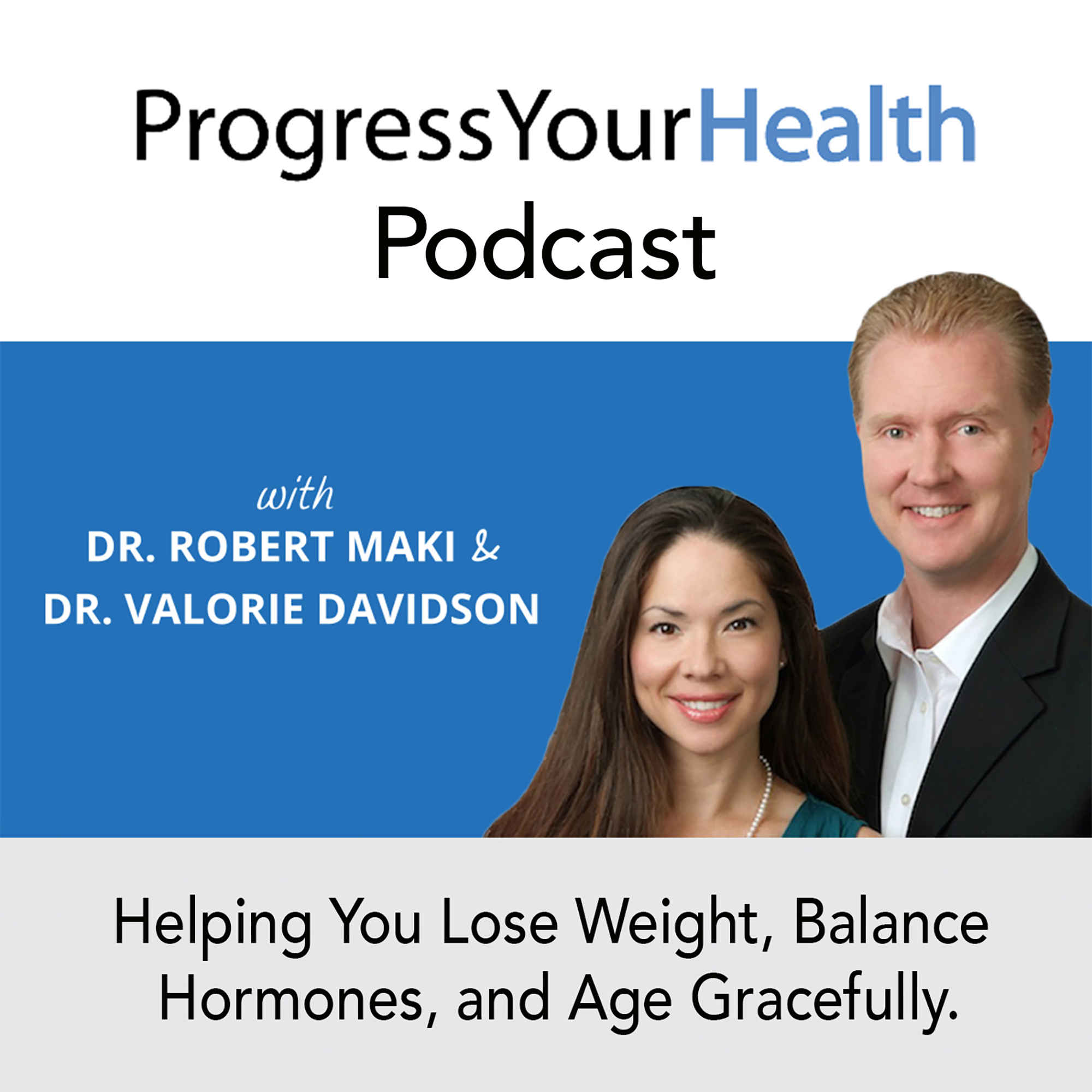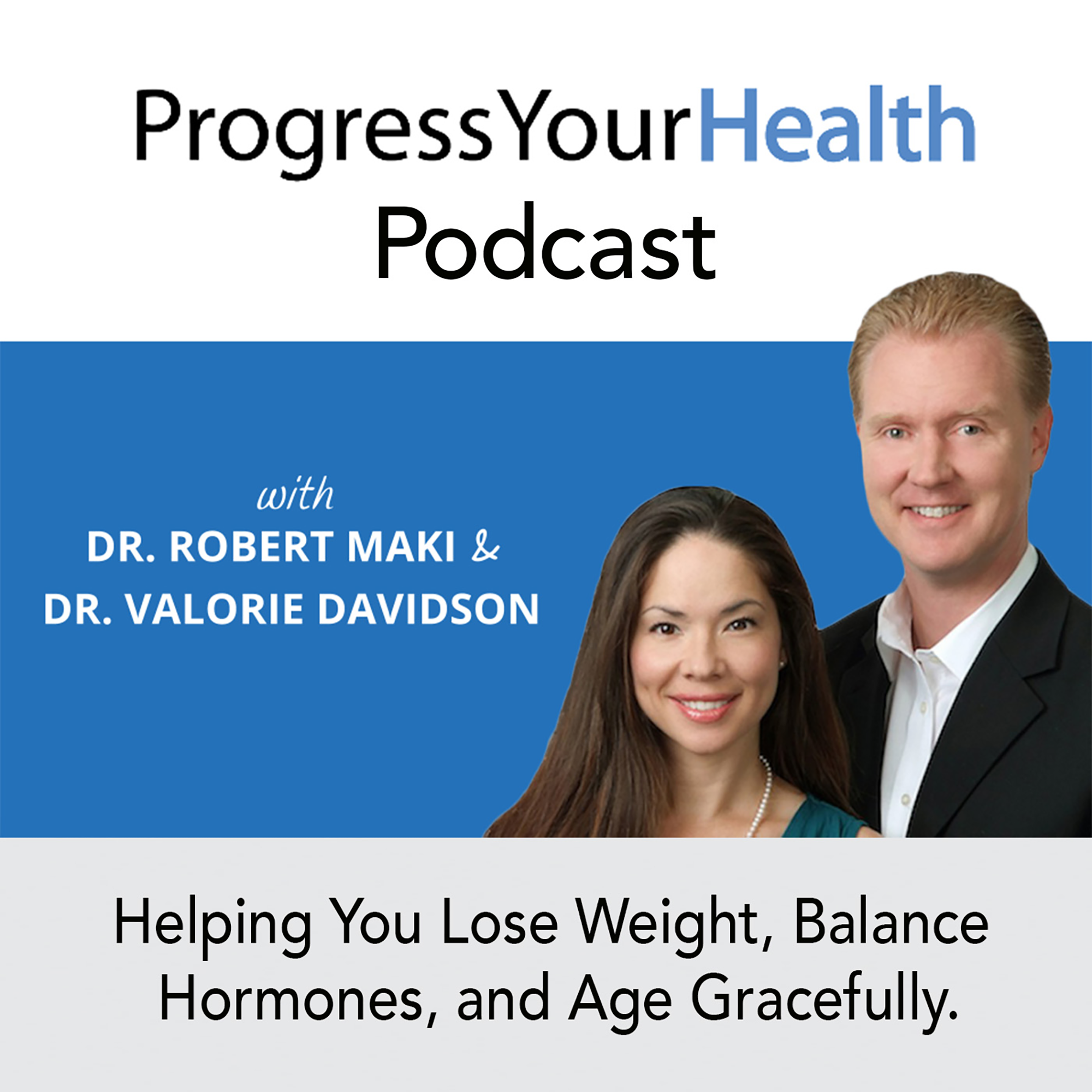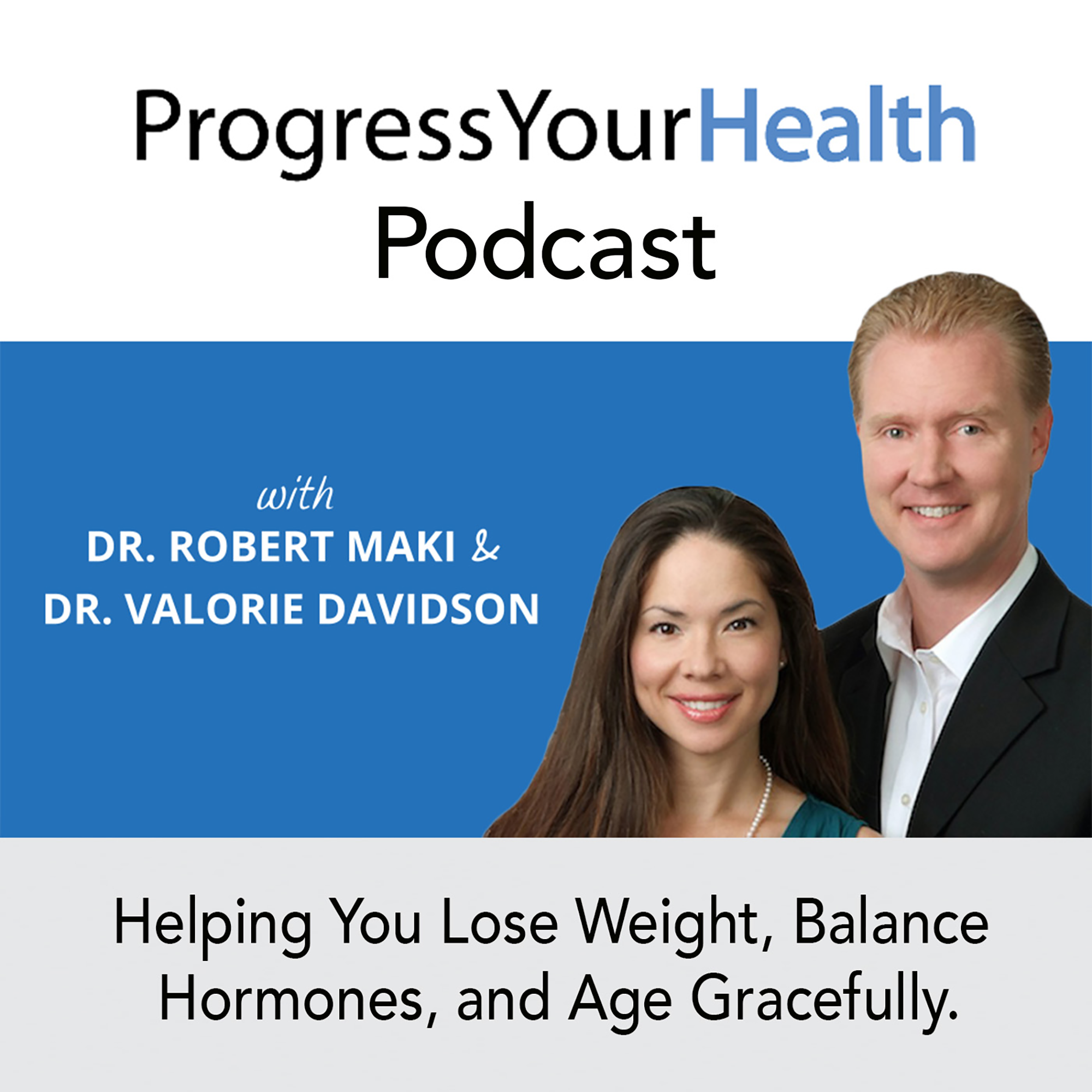“My doctor will only test my TSH level for my thyroid. He/She says my thyroid is normal based on my TSH level, but I feel I have a thyroid problem!
I hear this all the time with my new patients. They have been to their internist, their primary care, and even endocrinologists, but they get the same answer, your thyroid is normal, and you are fine.
I’ve had patients tell me their doctors offer antidepressants, sleeping pills and birth control for their symptoms.”
Some have even been referred to psychiatrists and therapists. Endocrinologists, internists, your primary care are looking for a disease. If you have a disease, they are trained to diagnose and treat the condition.
Be it with medications, therapy or surgery; they could very well save your life. But that is if you have a disease. What happens if you do not have a disease? What happens if you don’t have a ‘disease,’ but you still don’t feel well?
You go to your doctor stating:
The reference range for TSH (Thyroid Stimulating Hormone) is:
Like I said, your conventional doctor is looking for a disease, so if your level falls within the range, then your thyroid is considered ‘normal,’ regardless of your symptoms.
The TSH level is necessary to find thyroid disease. What you are looking for is thyroid function tests. We like to run the following tests:
The T4 hormone is what the thyroid gland makes, and releases into the bloodstream. The hormone T4 (Thyroxine) is an inactive hormone. Once in the blood, your body converts T4 into T3, which is the active form of thyroid hormone.
Approximately 60% of this conversion occurs in the liver. To find out if the thyroid function is causing your symptoms, ordering a Free T4, Free T3 and TSH would be the first step. Now interpreting those results is another story, which we will cover in the next episode of the Progress Your Health Podcast.
The post My Doctor Will Only Test TSH for My Thyroid | PYHP 018 appeared first on .

The most common test for thyroid is the TSH, which stands for Thyroid Stimulating Hormone. Unfortunately, this is also the only test most conventional...

Can Progesterone Cause Anxiety? Often we get reader/listener questions about their own experience with hormones. We love that readers of our blogs and listeners...

In this episode, we return to a listener’s question regarding thyroid dosing in perimenopause. In our previous episode, we answered Tracy’s question about taking...